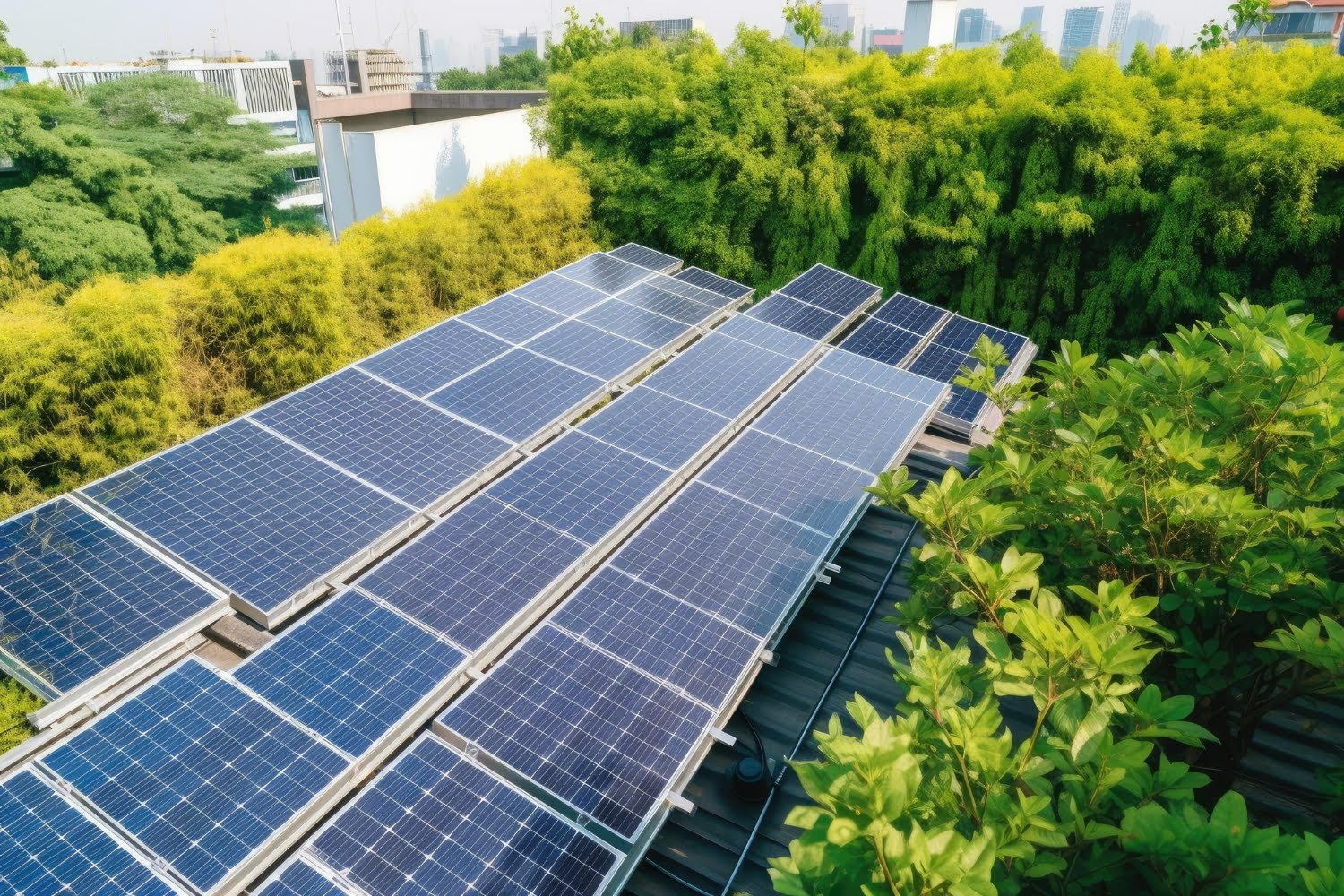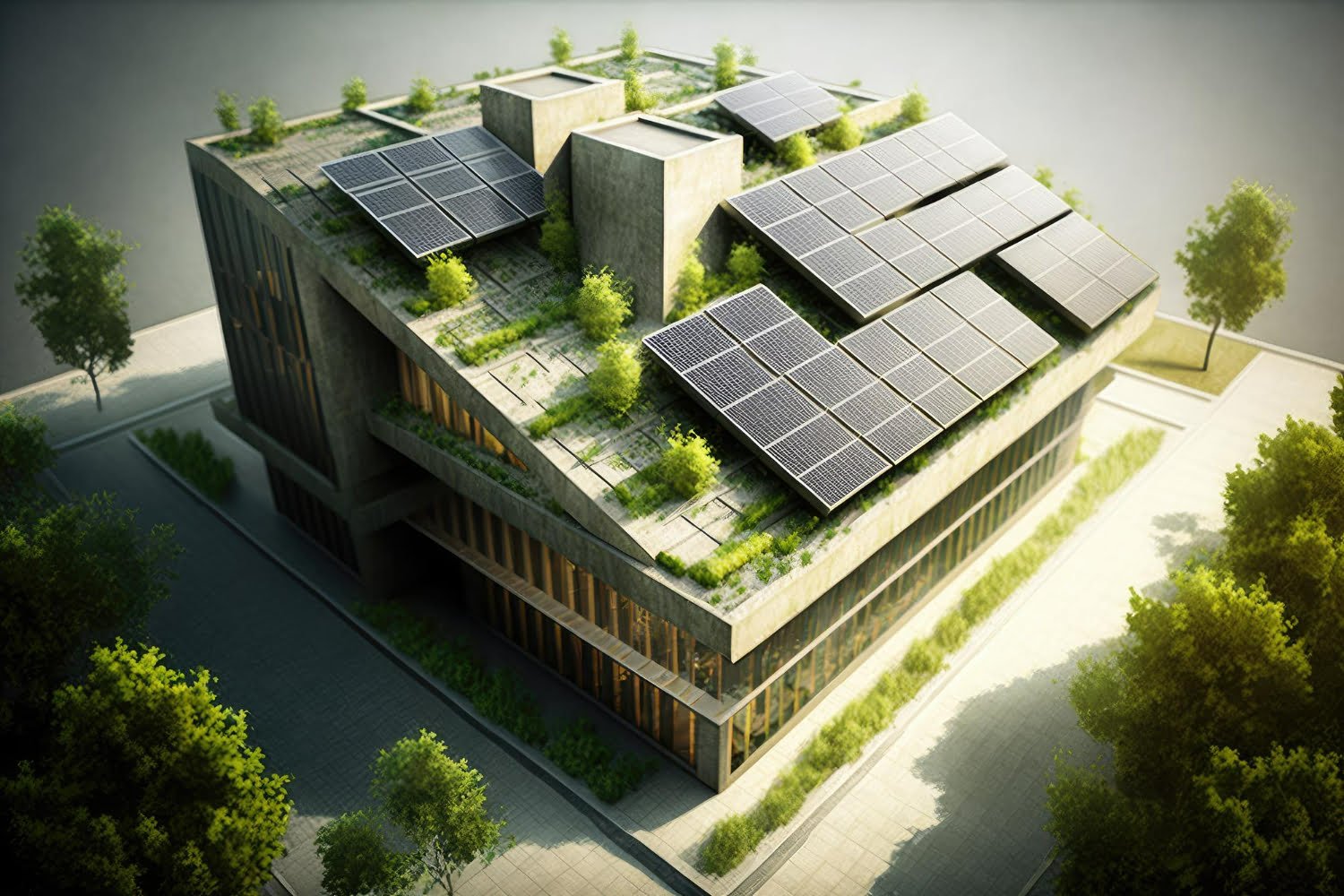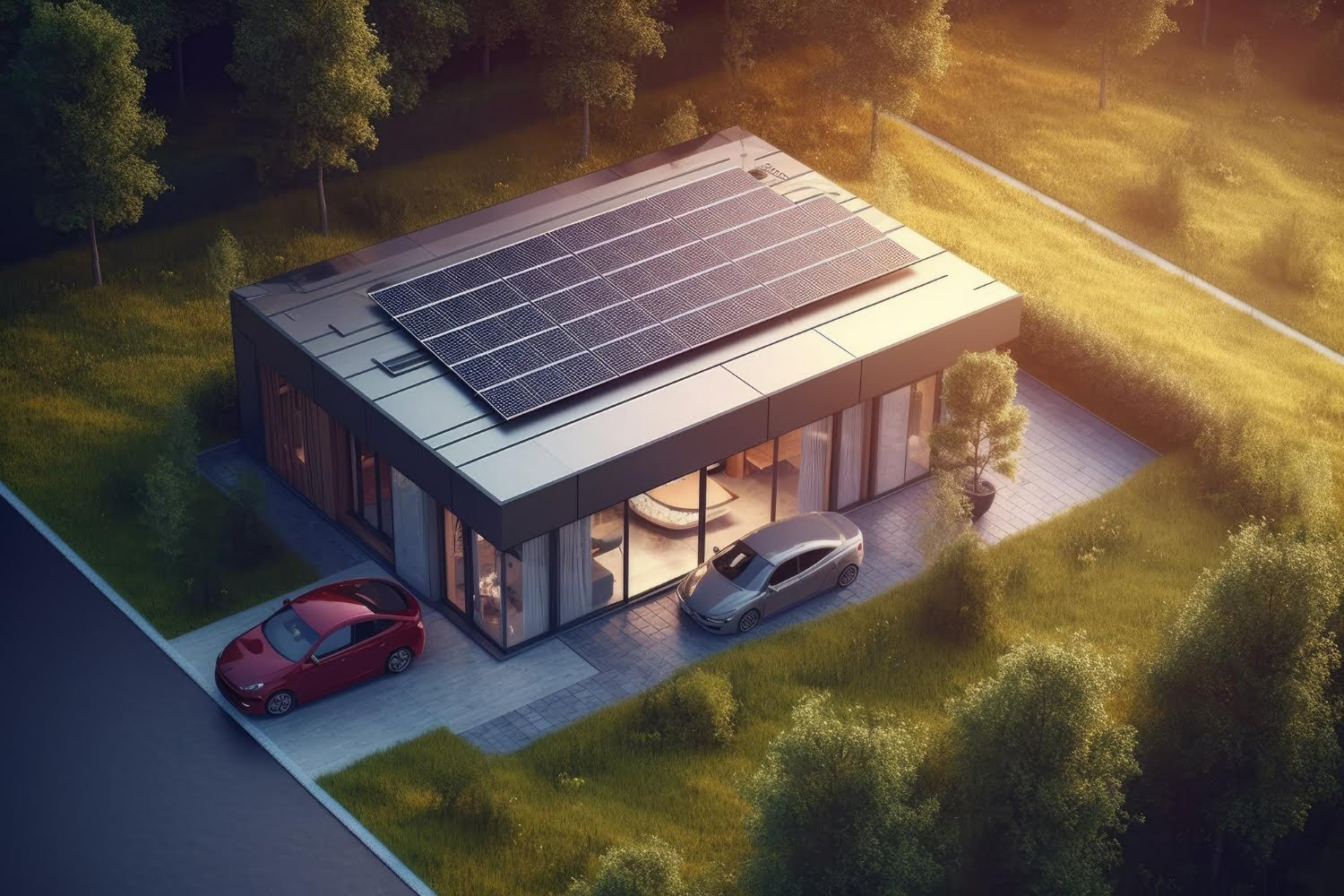Solar
Why Solar ?

Availability of electricity consistently is a basic necessity for households, hindrance free education, continuous business operations etc. It is also essential to maintain cost of electricity at lowest levels as it is a basic infrastructure for any productivity in the country. Higher energy cost directly affects prices of products, services and lifestyle of people. Solar Energy has emerged as a viable long-term solution which not only provides energy independent of any fuel, but also ensures the environment is clean and green. Today, cost of solar power generation is lower than most fossil-fuel based energy sources and with higher adoption levels, may soon become the cheapest. We at SEC constantly strive to provide our customers with the most optimum and customized solutions to adopt solar energy.
Types of Solar Plants
1. on-grid
On-Grid Solar Systems are essentially installed in Residential, Commercial and Industrial buildings where regular power supply from State providers is available.
Advantages
- Reduce the burden of high tariff electricity bills, year on year tariff increase (avg. 5%)
- Lower equipment costs as compared to Off-Grid Solar
- Residential users can earn a passive income for the surplus energy generated by the system


2. Hybrid
Hybrid Solar Systems generate power in the same way as a common grid-tie solar system but use special hybrid inverters and batteries to store energy for later use. This ability to store energy enables most hybrid systems to also operate as a backup power supply during a blackout, similar to a UPS system.
Advantages
- Allows you to store excess solar or low cost electricity
- Allows use of stored solar energy during peak times
- Most hybrid inverters have backup power capability
- Reduces power consumption from the grid
- Enables advanced energy management
3. Off-grid
Off-Grid Solar Systems with battery backup are essentially installed in locations where there is no state Net-Metering Policy or the Grid is not reliable with frequent power cuts.
Advantages
- Most suitable for remote installations where power is not available or unreliable with frequent power cuts
- Customers can size the battery bank as per needs
- These systems are self-sustainable and can work independently and do not rely on the grid
- They generate enough power that can be stored and used at night or when the power grid is down

